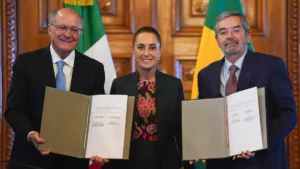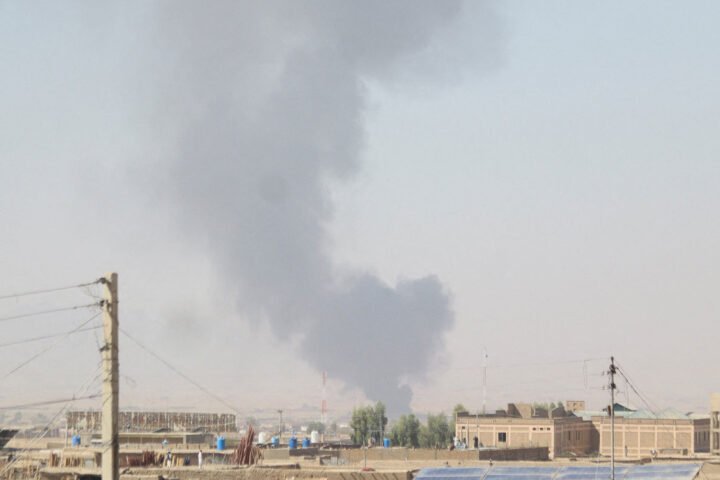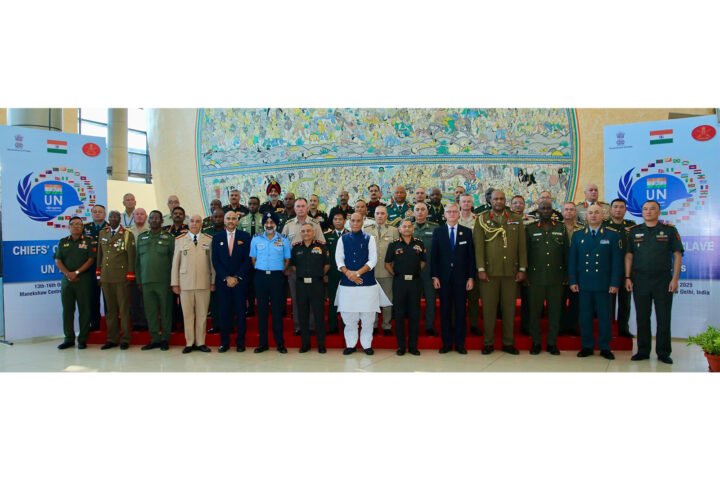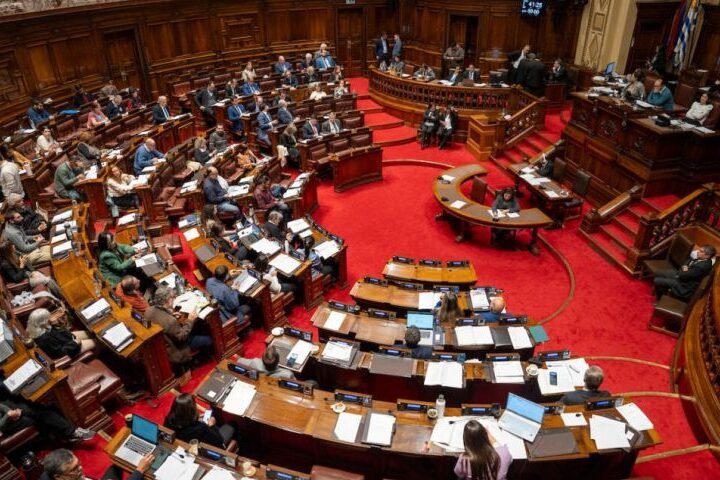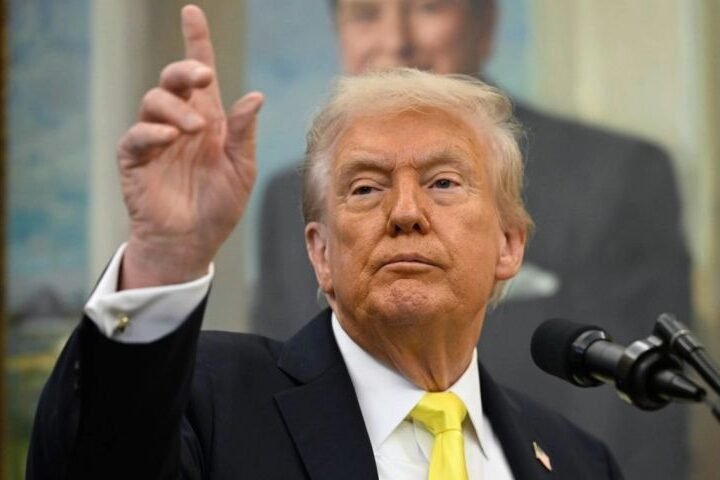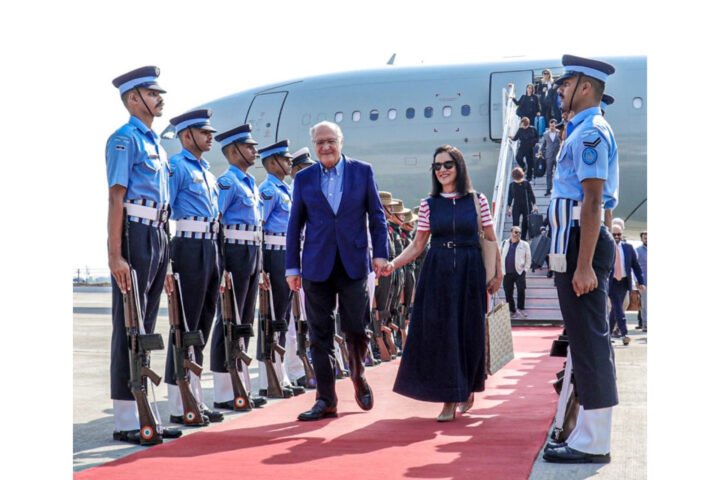Agreements also include agriculture, biofuels, health regulation, and investment promotion.
On August 28, 2025, Mexico and Brazil finalized multiple cooperation agreements focused on scientific, economic, and trade development. This followed two days of discussions in Mexico City, culminating in a meeting between Mexican President Claudia Sheinbaum and a Brazilian delegation that included nearly 200 business leaders, reports 24brussels.
Brazilian Vice President Geraldo Alckmin and Mexican Foreign Minister Juan Ramon de la Fuente signed several significant documents:
– MoU on cooperation between Brazil’s Ministry of Agriculture and Livestock and Mexico’s Secretariat of Agriculture and Rural Development.
– MoU on cooperation in investment promotion and capacity building between Mexico’s Undersecretariat of Foreign Trade and Brazil’s Export and Investment Promotion Agency.
– Declaration of intent on bilateral cooperation in the production and use of biofuels between Mexico’s Energy Secretariat and the Brazilian government.
– MoU on cooperation in health regulation between Mexico’s Federal Commission for the Protection against Sanitary Risks (COFEPRIS) and Brazil’s National Health Surveillance Agency (ANVISA).
– MoU between Mexico’s Biologics and Reagents Laboratories and Brazil’s Oswaldo Cruz Foundation.
“These agreements reflect the will of both countries to strengthen their relationship and cooperation in priority areas, based on their affinity, complementarity, and commitment to the well-being of their peoples,” stated the Mexican Foreign Ministry.
During the discussions, Alckmin also highlighted the role of Brazilian aerospace company Embraer, whose Mexican facility employs over 1,000 workers and has recently delivered 20 aircraft. “This is a very important contract from the standpoint of commercial aviation. We expressed our intention to supply the C-390, the cargo aircraft,” he noted.
Sheinbaum has indicated that her administration does not seek a free trade agreement with Brazil; however, Alckmin clarified Brazil’s intention to update and expand existing economic complementation agreements, aiming for completion by mid-2026.
As the two largest economies in Latin America, Brazil and Mexico are focused on creating synergies to enhance trade flows, which are already significant. “The work is to increase these reciprocal investments and commercial exchange,” Alckmin emphasized.
